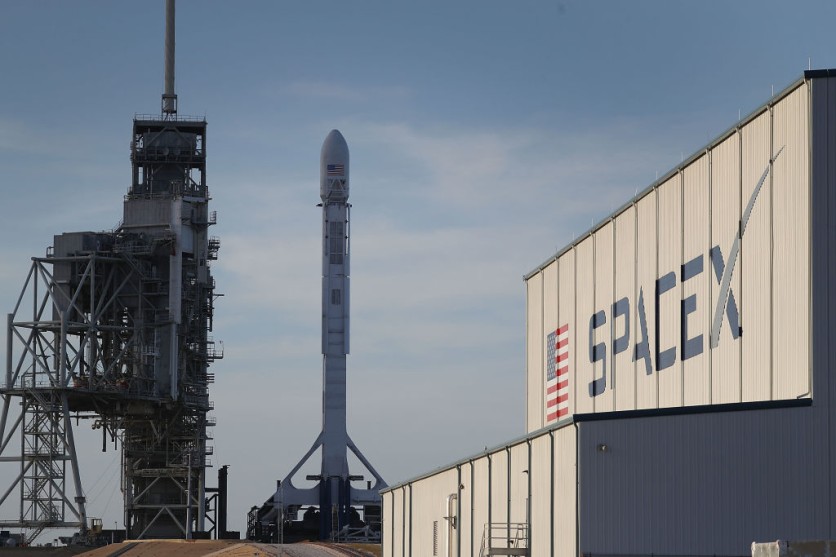SpaceX's Starlink could soon power the in-flight WiFi of an airline near you. Elon Musk's satellite-powered internet is eyeing to make commercial airplanes' connectivity even faster.

The Verge reported that both the top brass of SpaceX's Starlink and unnamed airlines are in talks of a new generation of in-flight internet. The emerging internet company expects to fly high into airplanes as it begins commercial use in the latter part of 2021.
Aside from airlines, Starlink is also targeting enterprises as clients. It has teamed up with Google Cloud to provide a business-centric internet network.
"We're in talks with several of the airlines," Jonathan Hofeller, SpaceX's Vice President of Starlink and Commercial Sales, said.
Starlink's Expansion
The expansion of Starlink has been fast-moving since its beta debut in 2018. To be exact, it currently has about 1,800 satellites in space. It is far from the 4,400 it needs to provide internet to the whole world.
In hindsight, the overall vision of Musk's endeavor is to improve internet connectivity in far-flung or rural areas globally as, in most cases, superior fiber technology is not available there.
In-Flight Wifi: Powered by Starlink
Hofeller added that Starlink will be installing antennas on airplanes, which is similar to the design of the terminal of a personal consumer. Although, of course, there will be tweaks made to ensure that it is aircraft-ready.
Moreover, the installed antennas will not directly communicate with Starlink satellites in space. Instead, it will link to the stations situated on the ground to connect to the satellites.
Hofeller called it "inter-satellite connectivity."
Improved Aviation Internet
According to Gizmodo, Hofeller also said that passengers want a better connectivity experience than the currently available in-flight internet. He then directed the decision to the airlines.
The executive said that they have the final say if they will respond to the demands of their customers.
Starlink Speed
The satellite-based technology of Starlink promises a low-latency and high-speed wireless internet. To see how it is fulling its promise, a recent study by Ookla, owner of Speedtest app, showed that the speeds of Musk's internet are significantly lower in high-density locations.
Generally, its average speed varies from 40 to 90 Mbps, and its best record of latency is at 31ms.
Overall, only one location experienced a more stable connection when compared to the existing internet. However, it is worthy to note that the Starlink internet was still in the beta stage during the study. Its commercial release is yet to come.
This article is owned by TechTimes
Written by Teejay Boris
![Apple Watch Series 10 [GPS 42mm]](https://d.techtimes.com/en/full/453899/apple-watch-series-10-gps-42mm.jpg?w=184&h=103&f=9fb3c2ea2db928c663d1d2eadbcb3e52)



